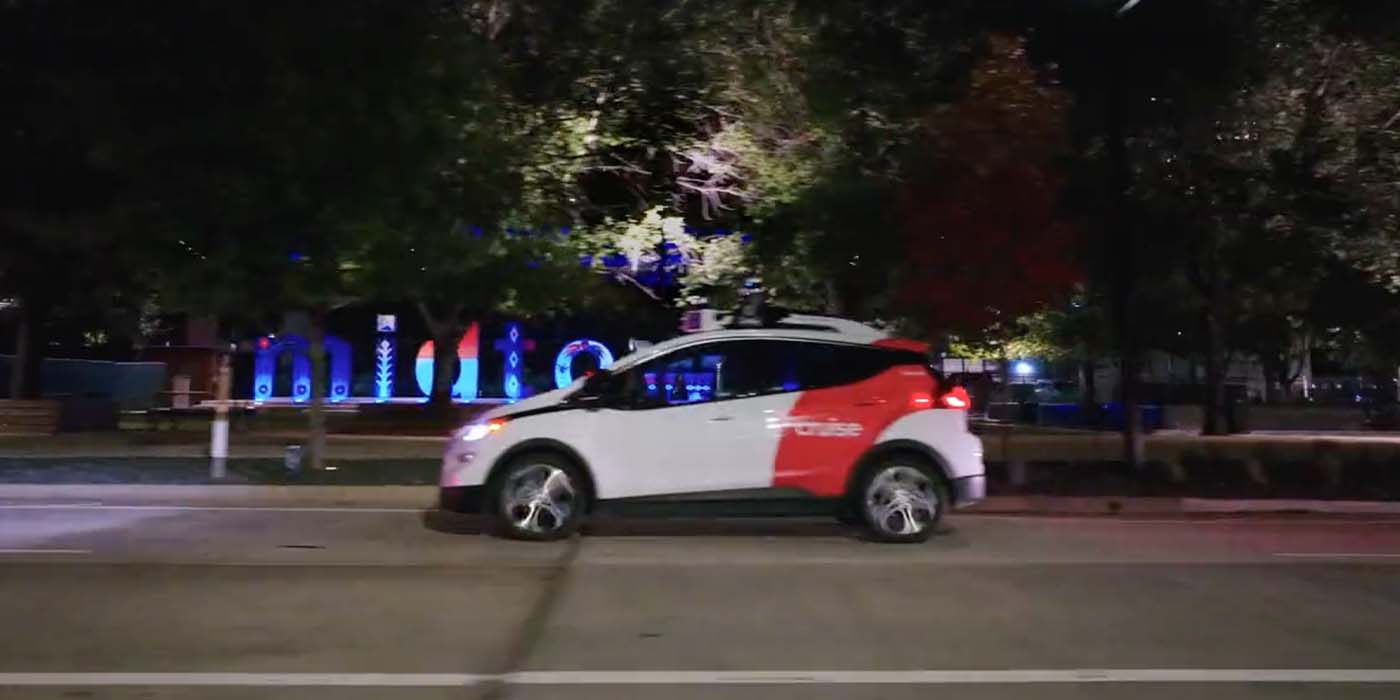Here’s what happened at Cruise after the pedestrian-dragging incident


An independent investigation that probes the madness that ensued at Cruise after one of its robotaxis dragged a pedestrian 20 feet in San Francisco last October has been released. In it, you’ll find everything from blaming it on the internet to hush-hush culture to what went wrong with the automated vehicle itself.
A new analysis from General Motors’ own investigation team, released yesterday and first reported by Automotive News, found that after the incident, Cruise says it tried to send a full 45-second video to regulators. In the full video, the pedestrian was shown being dragged, but only part of the video was sent due to “internet connectivity issues,” according to a report from law firm Quinn Emanuel Urquhart & Sullivan.
The law firm, hired by GM, which owns Cruise, has been investigating whether or not its executives misled regulators after the October 2nd incident. The investigators reviewed more than 205,000 documents, emails, and Slack communication from staff, as well as interviewed 88 current and former employees in their research.
Cruise blamed not sending full video on a bad internet connection
According to the law firm, Cruise staff attempted on three separate times to send the full video, but during all three of these separate meetings, “internet connectivity issues likely precluded or hampered them from seeing the Full Video clearly and fully,” the report stated. Yet, no one pointed out that the video was missing crucial bits either.
The fallout happened after a pedestrian in San Francisco was first struck by a hit-and-run vehicle, then flung into the path of a Cruise robotaxi, which then dragged her 20 feet. The unlucky pedestrian, an unidentified woman, was injured but survived.
The report, which is nearly 200 pages, states that Cruise is also being investigated by the Department of Justice and the Securities and Exchange Commission.
Problems with the Cruise vehicle
For the vehicle itself, apparently it failed to detect the woman’s location, or what part of the car hit her, and the car inaccurately read its own location after striking the woman, so drove on rather than making an emergency stop, according to a report by engineering consultancy Exponent.
From the report in Automotive News:
Mistaking the hit as a side-collision instead of a frontal impact, it moved ahead for about 20 feet at 7.7 miles per hour (12.4 km per hour), dragging the pedestrian underneath, pursuing the prescribed goal of pulling over to the curb, for safety.
In fact, the car was already in the lane next to the curb, but it did not know that because of a location error, the review found.
The pedestrian’s feet and lower legs were visible in the wide-angle left side camera from the time of impact to the final stop, but despite briefly detecting the legs, neither the pedestrian nor her legs were classified or tracked by the vehicle, Exponent said.
Antagonistic company culture
Right after the incident, more than 100 Cruise employees were aware of the full scope of the incident prior to the meeting the next day with the San Francisco mayor’s office, the National Highway Traffic Safety Administration, the Department of Motor Vehicles, and other officials. Still, even then, Cruise left out the pedestrian-being-dragged part, just “letting the video speak for itself.”
Hours after the accident, apparently, too, some Cruise employees didn’t know that the pedestrian had been dragged, but issued a press statement and shared an early video with the media, The Verge writes. Soon after becoming aware of what happened, Cruise didn’t update its statement, apparently just wishing it would all go away, unnoticed.
Interestingly too, as The Verge pointed out, the report reveals an antagonistic culture within the company regarding regulators, with Cruise employees saying that it “observed too much of an ‘us versus them’ attitude… which is not indicative of a healthy, mutually productive relationship,” says the investigators’ report.
GM has already been hemorrhaging money from its big bet on Cruise, having lost $1.9 billion on Cruise expenses between January and September last year, in addition to a $732 million loss in the third quarter.
California’s Department of Motor Vehicles quickly pulled Cruise’s operating permit after the incident, with Cruise voluntarily pausing all of its operations nationwide soon thereafter.
Meanwhile, a federal probe and independent investigations also dug up internal documents, which detailed pretty awful details about the vehicle’s algorithm – such as it had trouble identifying children, which wasn’t a secret to company staff.
CEO and founder Kyle Vogt called it quits on November 19, followed by a mass layoff of 900 employees as well as nine top execs.
Cruise is facing a potential $1.5 million in fines and additional sanctions over its failure to disclose details about the accident.
FTC: We use income earning auto affiliate links. More.